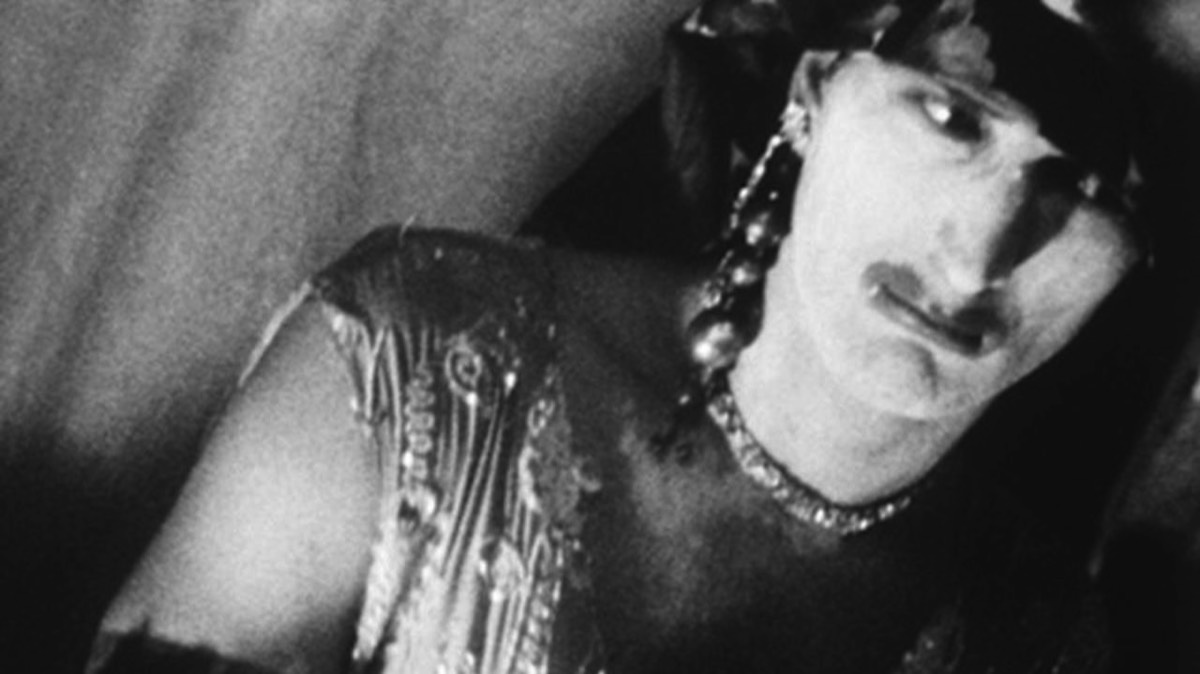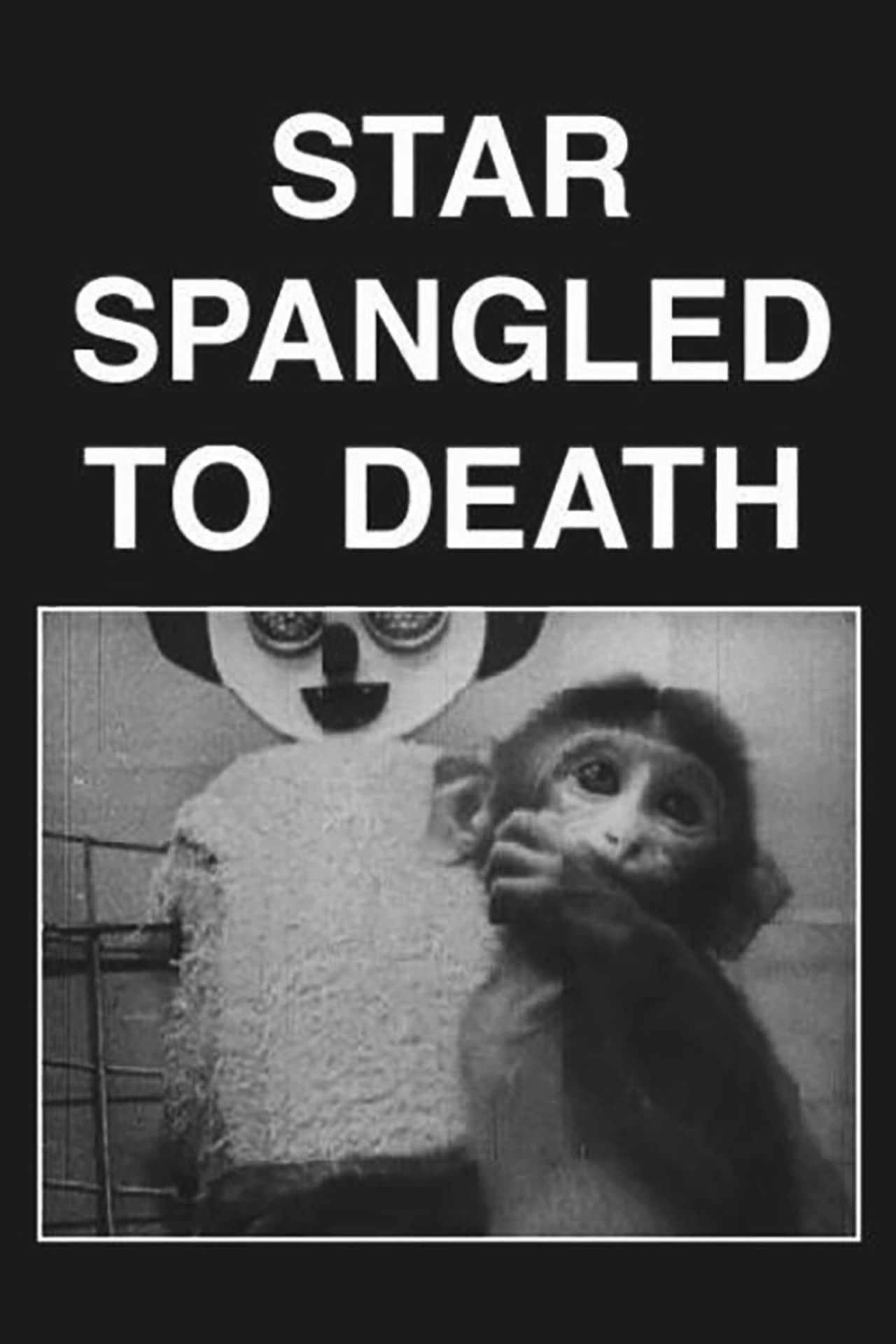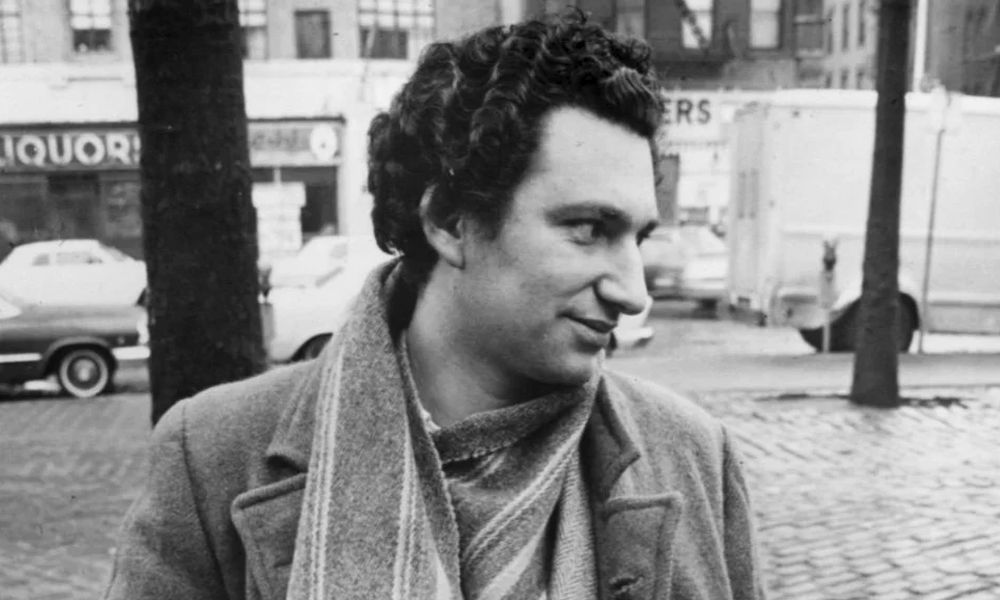"One of the founders of the American avant-garde cinema, Ken Jacobs has been working ceaselessly and boundlessly in film, video and moving image performance for over fifty years. Jacobs began working in a mode of guerilla cinema, shooting anarchic and exuberant – yet also politically astute – theatrics in the streets of his native New York in the early 1950s, including a number of prescient and Beat infused works – Little Stabs at Happiness, the shorts included in The Whirled – made with a very young Jack Smith." - Harvard Film Archive, 2009
Ken Jacobs
Director / Producer / Editor / Screenwriter / Cinematographer
(1933-2025) Born May 24, Williamsburg, Brooklyn, New York City, New York, USA
(1933-2025) Born May 24, Williamsburg, Brooklyn, New York City, New York, USA
Key Production Country: USA
Key Genres: Short Film, Avant-garde/Experimental, Culture & Society, Collage Film, Documentary, History
Key Collaborators: Jack Smith, Rick Reed (Composer)
Key Genres: Short Film, Avant-garde/Experimental, Culture & Society, Collage Film, Documentary, History
Key Collaborators: Jack Smith, Rick Reed (Composer)
"A pioneer of the American film avant-garde of the 1960s and '70s, Ken Jacobs is a central figure in post-war experimental cinema. From his first films of the late 1950s to his recent experiments with digital video, his investigations and innovations have influenced countless artists… Jacobs' insistence on cinema as a "development of mind" can be seen, despite his protestations to the contrary, as a conceptual approach to art-making practice, one that has yielded groundbreaking work across media. In his activism, film, performance, and video, he has consistently expanded the practice of the avant-garde moving image. Whether undertaking archaeological journeys to the birth of cinema, or scrutinizing the interstices of new digital technologies, Jacobs' work investigates, provokes, and draws power from the mysteries of the nature of human vision." - Electronic Arts Intermix
"Ken Jacobs is one of cinema’s living treasures. For the past 70 years, the Brooklyn-born filmmaker has reawakened the sense of awe and mystery that many 19th-century audiences must have felt when confronting motion pictures for the first time. His lifelong project has been the aesthetic, social, and physiological critique of projected images—images that by turns mesmerize and disorient the viewer." - The Museum of Modern Art

Blonde Cobra (1963)
"There is something overwhelming and intangible about Ken Jacobs’s greatest achievements, given that they bypass or even short-circuit so much of what we have been taught to consider “cinema”—linear elaboration, conceptual development, and in some cases even the boundaries of the screen or the sanctity of the frame." - Michael Sicinski (Cineaste, 2011)
"Ken Jacobs is one of the most wildly creative and influential film artists and teachers in the history of the medium… Jacobs studied Abstract Expressionism with Hans Hofmann before turning to filmmaking – where he became a prolific member of the underground scene, along with contemporaries Jonas Mekas, Jack Smith, and Stan Brakhage. His early films use NYC as a poetic landscape (Orchard Street) and as a setting for Smith’s carnivalesque performances (Little Stabs at Happiness and Blonde Cobra ). Jacobs then started experimenting with found footage, expanding a five-minute fragment of Billy Bitzer’s Tom, Tom, the Piper’s Son to feature length, and went on to embrace digital tools - using stroboscopic effects to turn silent shorts and Victorian stereoscopic photographs into mind-expanding 3D investigations (Capitalism: Child Labor)." - Kino Lorber
"The Brooklyn-born filmmaker helped define “underground” cinema in the 1960s with films like Blonde Cobra — a wild, ramshackle work of trash art featuring Jack Smith — and later, his found footage reconstruction works, most notably Tom, Tom, The Piper’s Son (1969/71), became key structuralist films. Through filmmaking, performance, teaching, organizing, programming, and more, Jacobs has explored moving images for more than half a century; his place in the American avant garde is central and his influence is incalculable." - Chris Shields (Screen Slate, 2021)
"Ken Jacobs is an experimental filmmaker, who, along with Stan Brakhage, Jonas Mekas, Maya Deren and others, helped spearhead the American avant-garde film movement. His impressive filmography spans more than 60 years and 45 films, utilizing just about every experimental technique imaginable. In the ’60s, he helped redefine the notion of domestic (home) movies, and along with it, domestic space—pioneering work that expanded the parameters of art cinema, and also, coincidentally, the gender expectations of male artists. Jacobs has also experimented with found footage, creating such memorable works as Star Spangled to Death, a nearly seven-hour epic charting an alternative U.S. history." - Indiana University Cinema (2020)
"Eisenstein said the power of film was to be found between shots. Peter Kubelka seeks it between film frames. I want get between the eyes, contest the separate halves of the brain. A whole new play of appearances is possible here." - Ken Jacobs
Selected Filmography
{{row.titlelong}}
GF Greatest Films ranking (★ Top 1000 ● Top 2500)
21C 21st Century ranking (☆ Top 1000)
T TSPDT R Jonathan Rosenbaum
21C 21st Century ranking (☆ Top 1000)
T TSPDT R Jonathan Rosenbaum
Ken Jacobs / Fan Club
J. Hoberman, Manohla Dargis, Radu Jude, Adrian Martin, Amy Taubin, Rod Stoneman, Nicole Brenez, Jonathan Rosenbaum, Glenn Kenny, David Ehrenstein, Robert Koehler, Tom Gunning.
J. Hoberman, Manohla Dargis, Radu Jude, Adrian Martin, Amy Taubin, Rod Stoneman, Nicole Brenez, Jonathan Rosenbaum, Glenn Kenny, David Ehrenstein, Robert Koehler, Tom Gunning.
"Fan Club"
These film critics/filmmakers have, on multiple occasions, selected this director’s work within film ballots/lists that they have submitted.
These film critics/filmmakers have, on multiple occasions, selected this director’s work within film ballots/lists that they have submitted.


